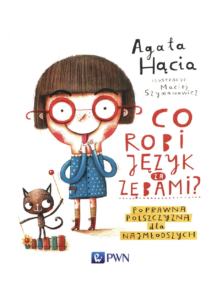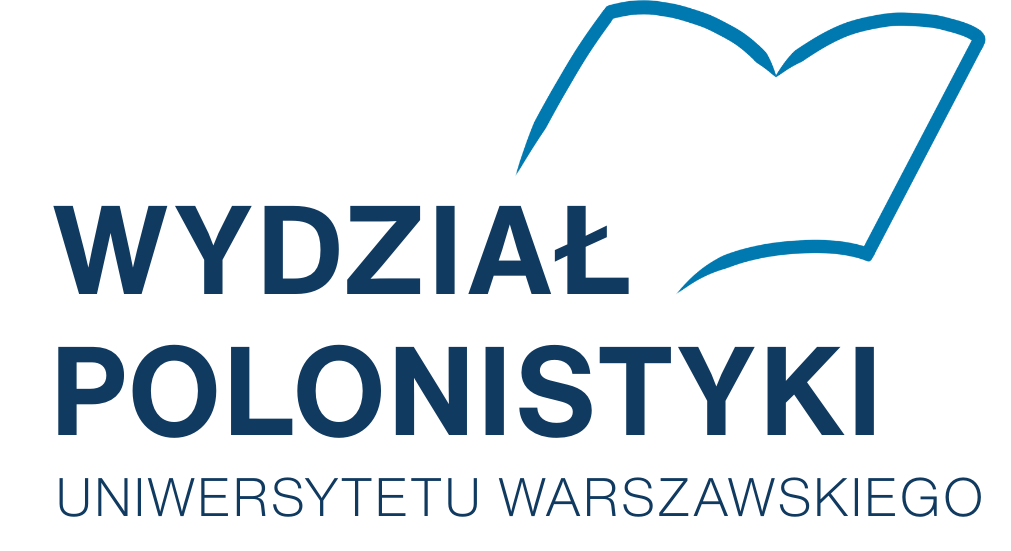15. Books in Action: How to Speak and Write Correctly
 Effective oral and written communication rests not only on precision and linguistic correctness but also on adapting the message to the speaker’s or writer’s objectives and the audience’s expectations. The study of communication and its effectiveness as well as pertinent outreach activities combine elements of grammar and style, rhetoric and plain language. These research and outreach areas are well represented at the Faculty of Polish Studies.
Effective oral and written communication rests not only on precision and linguistic correctness but also on adapting the message to the speaker’s or writer’s objectives and the audience’s expectations. The study of communication and its effectiveness as well as pertinent outreach activities combine elements of grammar and style, rhetoric and plain language. These research and outreach areas are well represented at the Faculty of Polish Studies.
We play major roles in creating Polish dictionaries, dictionaries of correct Polish usage, and academic textbooks. Anyone seeking direct answers to questions about grammar and style can turn to the Language Counselling Centre, which has been operating at the Faculty of Polish Studies since 1972. We also register the emergence of new words and meanings. These are recorded in collaboration with language users by specialists from the University of Warsaw’s Online Language Observatory.
We also promote the standards of plain language – a way of communicating that puts the audience first, ensuring that the text can be understood without excessive effort. We provide training and talk about plain language in the media. The Faculty of Polish Studies members are part of the Plain Language Team, which was established last year.
Appropriateness is equally important to us: we study linguistic politeness and its various forms (business, academic, intercultural). We advise on how to write and speak in a non-discriminatory way, as well as how to disarm cultural taboos and to discuss sensitive topics such as death or illness. Publications on this subject include a volume titled Język niedyskryminujący (Non-Discriminatory Language) by J. Linde-Usiekniewicz and M. Łaziński, and a book titled Medycyna narracyjna. Opowieści o doświadczaniu choroby w perspektywie medycznej i humanistycznej (Narrative Medicine: Stories of Experiencing Illness in Medical and Humanistic Perspectives) by M. Chojnacka-Kuraś.
We also keep track of media discourse and public debate. The Faculty of Polish Studies boasts the strongest centre for rhetorical studies in our region, which collaborates with academic institutions worldwide in researching ars bene dicendi (et scribendi), or “the art of speaking (and writing) correctly”.
(In the photo: one of the books published at the Faculty; photo by M. Kaźmierczak)
